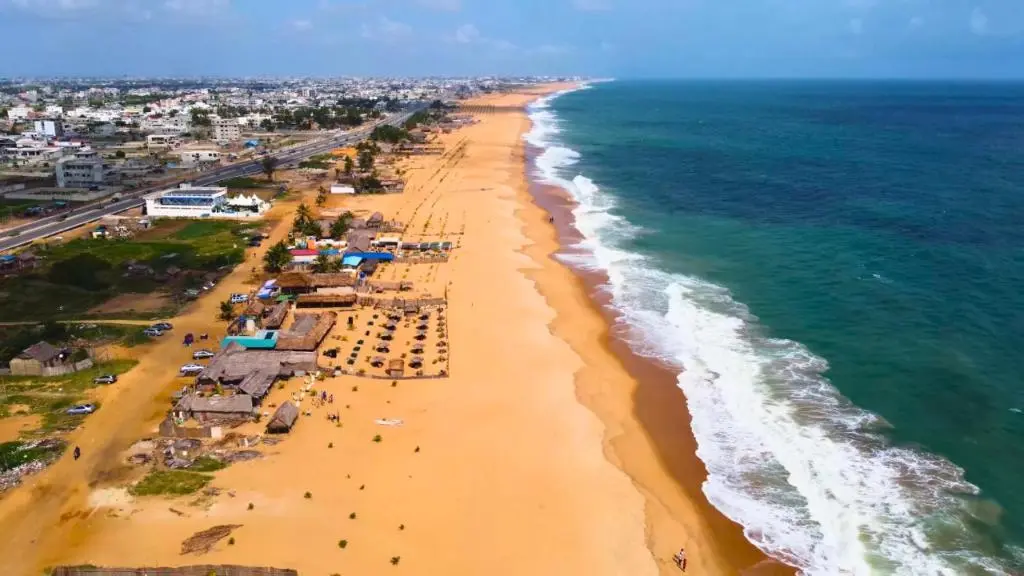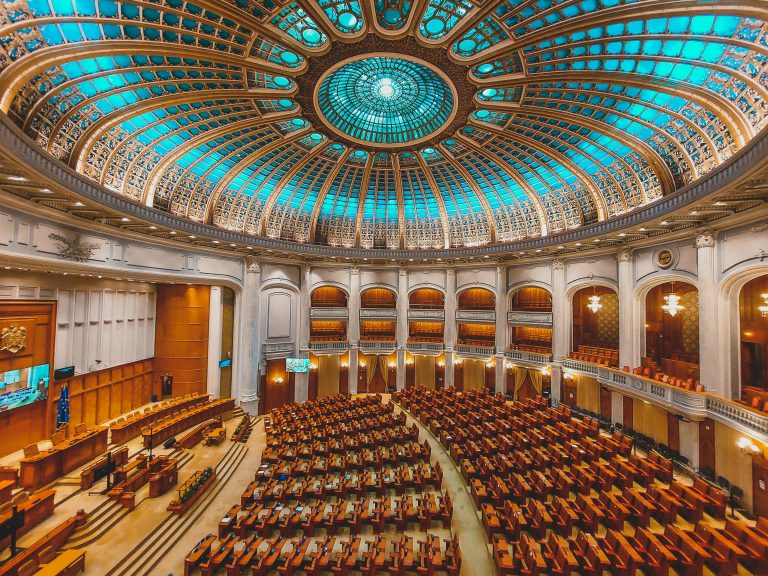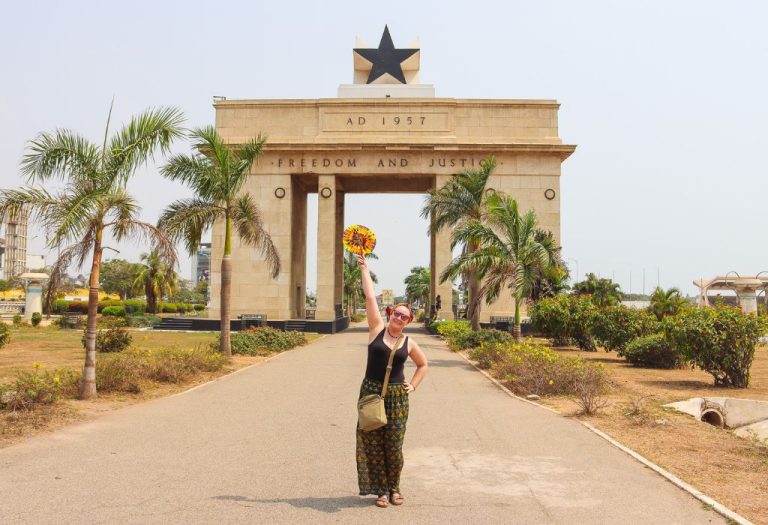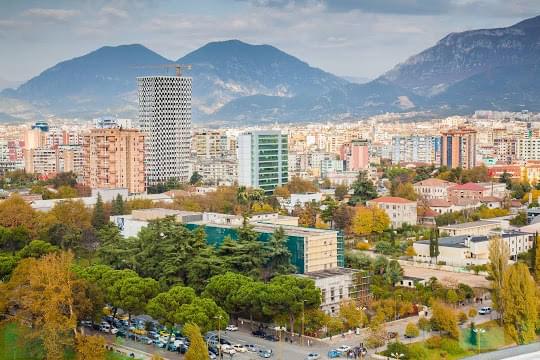Relocating to the Republic of Benin as a German citizen can be an exciting journey filled with cultural richness, opportunities, and lifestyle changes. This comprehensive guide outlines everything you need to know, from visa procedures to integrating into the community, and aims to help you make a smooth transition.
Overview of Benin Republic
Benin is a French-speaking West African country bordered by Nigeria, Togo, Burkina Faso, and Niger. It offers a mix of traditional culture, historical significance (including the ancient Kingdom of Dahomey), and a growing urban experience in cities like Cotonou and Porto-Novo.
Entry Requirements for German Citizens
German citizens are not visa-exempt for long-term stays in Benin. Here are the types of visas available:
A. Long-Term Visa / Residence Permit:
For stays beyond 90 days:
- Apply through the General Directorate of Immigration in Benin
- Initial long-term visa is required before applying for residency
- Categories: Work, Business, Student, Family Reunification
Work and Residency Permits
A. Securing Employment
- A job offer from a Beninese company will significantly ease your relocation process
- Employer typically sponsors the work permit
B. Work Permit Application:
- Submit to Beninese Ministry of Labor
- Duration: Valid for 1 year, renewable
- Fees: Approx. €100 – €500 depending on profession and duration
- Documents:
- Job contract
- Valid passport and visa
- Passport photos
- Employer’s business license
- Criminal background check
C. Residence Permit
- Submit after entry into Benin
- Documents:
- Work contract or business documents
- Lease agreement or proof of address
- Medical certificate
- Passport photos
- Issued by the Direction de l’Emigration et de l’Immigration
Housing and Cost of Living
Benin is an affordable country by European standards.
A. Popular Expat Cities:
- Cotonou: Economic hub, coastal city
- Porto-Novo: Capital city, quieter lifestyle
- Ouidah: Historical town with spiritual significance
B. Rent:
- 1-bedroom in city center: €150 – €250
- 3-bedroom apartment: €400 – €600
C. Utilities and Internet:
- Utilities: €40 – €70/month
- Internet (fiber): €40/month
D. Food and Groceries:
- Monthly grocery budget: €150 – €250
- Eating out is affordable (€3 – €10 per meal)
Transportation
- Zemidjans (motorbike taxis): Common and cheap
- Buses & Minibuses: Intercity travel
- Car rental: Available in Cotonou and Porto-Novo
- Driving: An international driving permit is recommended for initial months
Health and Medical Services
- Public hospitals are basic; private clinics are better equipped
- Health insurance is recommended; international health plans or local private plans available
- Required vaccinations: Yellow fever (mandatory), Hepatitis A/B, Typhoid, Tetanus
Cultural Adjustment and Integration
A. Language:
- Official Language: French
- Local languages: Fon, Yoruba, Bariba
- Language schools available in major cities
B. Social Etiquette:
- Greetings are formal and important
- Respect elders and local traditions
- Casual dress is accepted, though modesty is appreciated
C. Religion:
- Predominantly Christianity, Islam, and Vodun (Voodoo)
- Religious tolerance is high
Banking and Finances
- Currency: West African CFA franc (XOF)
- German banks with international access (e.g., Deutsche Bank) can link accounts
- Local banks: Ecobank, Bank of Africa
- ATMs are widely available in major cities
Education (for Those with Families)
- French-language public schools are common
- International Schools:
- The English International School of Cotonou
- Lycee Francais Montaigne de Cotonou
- Fees range from €2,000 to €10,000 per year
Long-Term Residency and Citizenship
A. Permanent Residency:
- Usually granted after 3–5 years of continuous residence
- Proof of stable income or employment required
B. Citizenship:
- After 10 years of legal residence
- Integration into local society and fluency in French required
- Renunciation of German citizenship may be required depending on circumstances
Challenges to Expect
- Language barrier: French is essential
- Heat and humidity: Climate adaptation needed
- Infrastructure: Power and water outages may occur
- Healthcare: Not comparable to European standards in rural areas
Safety and Security
Benin is relatively stable politically and socially. Still, caution is necessary:
- Petty crime in urban areas
- Avoid travel to northern borders due to occasional unrest
- Register with the German Embassy in Cotonou upon arrival
Step-by-Step Summary Checklist
- Passport Validity: Ensure its valid for 6+ months
- Apply for Appropriate Visa (online or embassy)
- Secure Job/Business Registration (if applicable)
- Apply for Work Permit through employer or self-sponsor
- Book Accommodation (temporary or long-term)
- Arrange Health Insurance (before or upon arrival)
- Travel and Arrival in Benin
- Apply for Residency Permit
- Open Local Bank Account
- Enroll in French Classes or Integration Programs
Useful Contacts and Resources
- Embassy of Germany in Cotonou: https://cotonou.diplo.de
- Benin E-Visa Portal: https://evisa.gouv.bj
- Benin Immigration Office: Located in Cotonou for in-person queries
- Beninese Ministry of Interior and Public Security: Handles residence permits
Relocating to Benin Republic as a German citizen requires careful planning, especially around legal documentation, language acquisition, and cultural integration. However, with the right preparation, you can experience a rich and fulfilling life in this West African gem. Whether you’re relocating for work, business, family, or adventure, this guide serves as your foundational map for a smooth transition.
For further assistance, it’s highly recommended to consult the German Embassy in Benin and immigration lawyers familiar with local procedures.









Leave a Comment